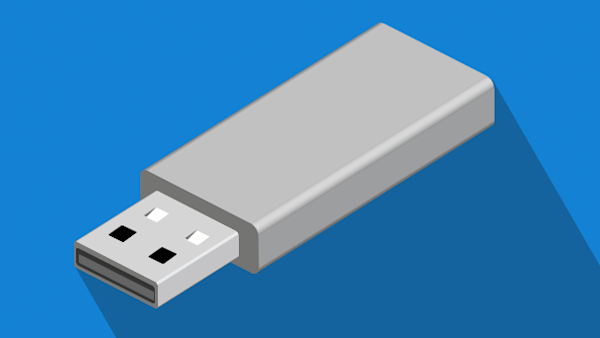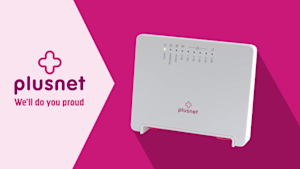
A dongle gets you broadband when you’re on the go. They’re portable, easy to use, and, best of all, mean you can get online wherever you are in the country.
Read on and we’ll take you through exactly what a dongle is, whether or not you should get one, and how to find a deal on a dongle plan.
What is a mobile dongle?
Imagine a device not much bigger than your average USB stick that grants you internet access wherever you are. That's a mobile dongle in a nutshell. By plugging one into your computer's USB port, you transform your laptop into a portal to the online world, without the need for a Wi-Fi network.
The beauty of dongles lies in their portability and user-friendliness. They are a handy tool for quick internet access when you're away from your regular connection, offering a straightforward solution to the digital nomad or anyone needing to work on the fly.
However, it's not all smooth sailing; dongles come with their own set of advantages and disadvantages, which we go into more detail below...
What are the pros and cons of using a dongle?
Pros
- Lets you use the internet from anywhere: whether you're on holiday, in a café, on a train or in a park
- Very portable - they're small and handy enough to take anywhere
- Can be used abroad if your dongle plan allows it
- Easy to use - simply plug into your computer's USB port
- Ideal for flexible, temporary broadband, with short-term contracts and pay-as-you-go plans available
- Powered by your computer, so no need to charge
- Great for working on the go
- Useful to have around if your broadband crashes
- Can give you an internet connection in areas where fixed line broadband is slow or unreliable
Cons
- Require a USB port on your device – so a dongle can only really connect to a laptop, and not a tablet, ebook reader, or mobile
- They can only connect to one device at a time. If you want to connect multiple devices, you'll need Mi-Fi instead
- More expensive than fixed line broadband, and often a lot slower too
- Download limits can be restrictive
- Portability is limited to where you can get adequate 4G or 5G signal

What are the alternatives to dongles?
Aside from using plugging a dingle into the side of your laptop. Here are some other ways to access the internet:
Mobile broadband devices: Also known as Mi-Fi and pocket Wi-Fi hotspots. Like dongles, these are little portable gadgets that connect to mobile broadband wherever you are. Unlike a dongle, though, they do it by emitting a Wi-Fi signal. That means you can connect multiple devices at once, including smartphones, tablets, e-book readers, and more, but you'll need to remember to keep the battery charged. Compare mobile Wi-Fi deals here.
Public Wi-Fi hotspots: The UK has a huge network of Wi-Fi hotspots that you can connect to – often for free – so you can get online when you're out and about. Speeds can vary though, and you can't always guarantee there's one nearby. Take a look at our guide for more info.
Smartphone: Most smartphones can connect to mobile broadband, provided you've got 4G or 5G data included in your plan. Some can even be turned into Wi-Fi hotspots so your computer can 'tether' to it and use the internet. Keep a close eye on your usage if you do this, though. Read more about tethering.
Mobile broadband router: If you're thinking of getting a dongle for temporary broadband, there are other options. Some mobile broadband providers offer proper routers for your home with much more generous download limits, such as such as Three to its central London residents.
See our beginners' guide to mobile broadband for more.
Where can I get the best dongle deals?
Dongles are available from major mobile networks. You can buy one outright and go pay-as-you-go, if you only intend to use it occasionally, or take out a contract.
They're mostly 30-day contracts, but longer ones – 12 or 24 months – can work out cheaper if you use your dongle often.
Networks that offer dongles and mobile Wi-Fi devices include:
Contract plans can range from 500MB of data per month, which is just enough for occasional browsing, all the way up to 150GB – enough to comfortably work in a café for a couple of weeks, or watch a whole season of Game of Thrones in HD.
If you already have a dongle or mobile broadband device, you can get a data-only SIM plan.
What's the difference between Mi-Fi and mobile dongles?
Difference is, a Mi-Fi dongle that works as both a modem and WiFi router. This means that, unlike a dongle, multiple devices can connect to a MiFi device to access the internet.
How does a dongle work?
A dongle is basically a very little modem with the ability to connect to wireless or mobile broadband - 4G or 3G, the same as the broadband on your smartphone. When you plug a dongle into a computer, your computer is essentially connected to a modem and can get online.
Unlike an awkward cabled connection, a dongle doesn't dangle - it plugs in securely straight into your USB port.















